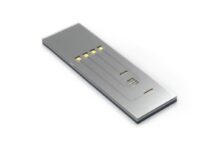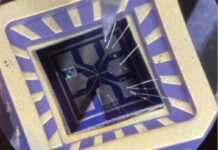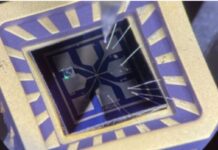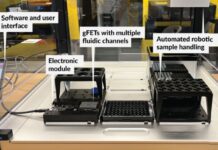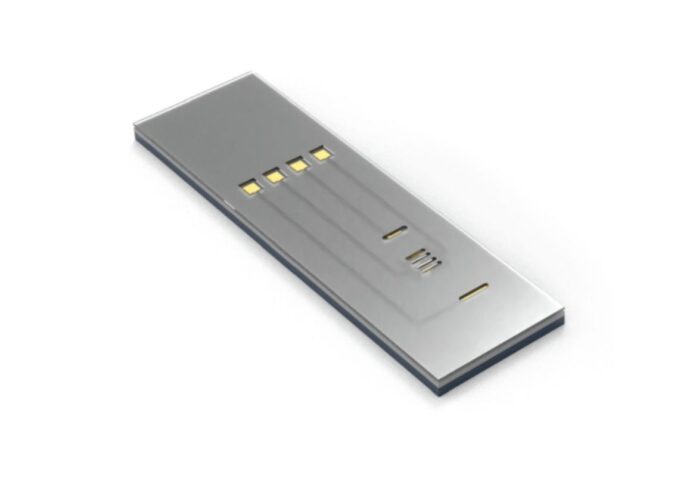
Semiconductor manufacturing company Archer Materials Limited has sent its newly developed next-generation biochip fabrication to a commercial foundry partner in the Netherlands for a whole wafer run validation.
The new biochip is intended to better detect and control disease samples on a single graphene field effect transistor (gFET) design, allowing an ultrasensitive approach to analyte detection over conventional electronic sensors used in current lab-on-a-chip devices.
The company recently unveiled the first-generation hardware and software in the system platform, which was designed to run using a chip with single isolated gFETs as sensors, allowing an ultrasensitive approach to analyte detection over conventional electronic sensors used in current lab-on-a-chip devices.
Archer said the next-generation gFET design marks a significant milestone in the commercialisation of the technology, which could enable the detection of multiple diseases from one single chip.
“Archer continues to build on the core of its biochip technology, the gFET, and this more advanced design not only improves the chip’s detection and control abilities for multiple diseases from one single chip, but it also extends its use-time and brings it closer towards commercialisation,” said Mohammad Choucair, chief executive officer of Archer.
“As the medical community looks to better detect and analyse disease to help improve patient outcomes, the gFET device design is on track to detect multiple disease at once and improve the future operation for the end users of Archer’s biochip,” Choucair said.
The new gFET design aligns with the proof-of-concept biosensing gFET Archer announced on 13 July. The latter was submitted to a commercial foundry to be subjected to a multi-project wafer run, with completed devices expected to be delivered by the end of 2023.
Archer Materials is a semiconductor company that seeks to advance the quantum computing and medical diagnostics industries. The new gFET design is expected to help the medical community in its efforts to leverage technology designed to better detect and analyse disease and help improve patient outcomes.



